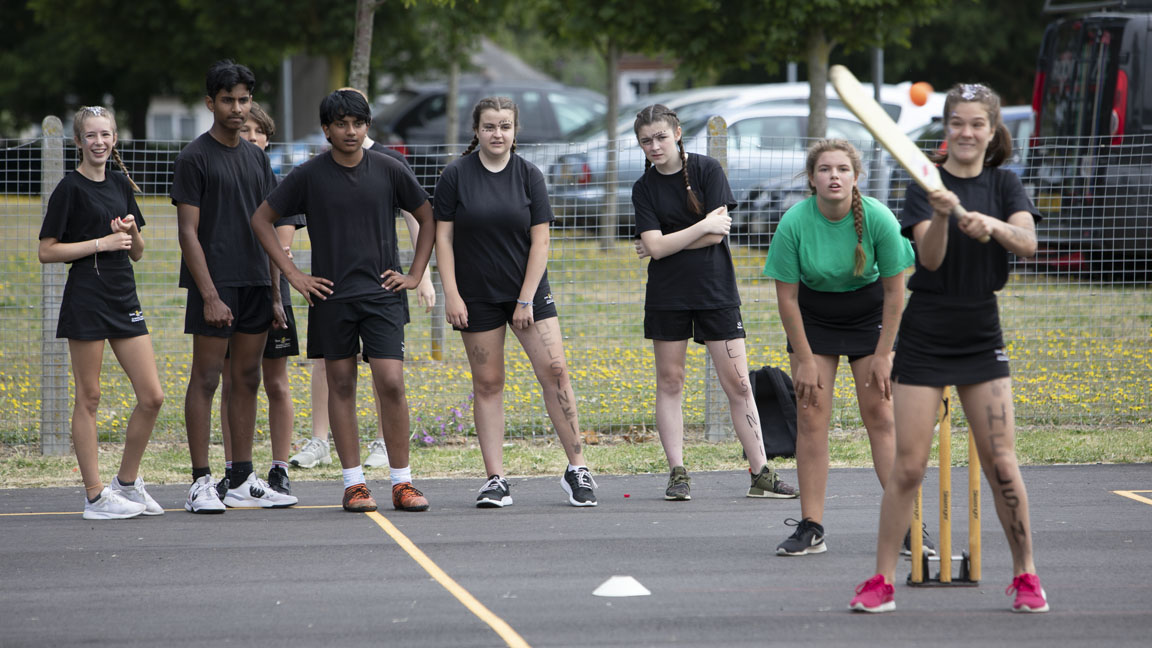When we provide services, we want to make them easy, useful and reliable. Where services are delivered on the internet, this sometimes involves placing small amounts of information on your device, for example, computer or mobile phone. These include small files known as cookies. They cannot be used to identify you personally.
These pieces of information are used to improve services for you through, for example:
- Enabling a service to recognise your device so you don’t have to give the same information several times during one task
- Recognising that you may already have given a username and password so you don’t need to do it for every webpage requested
- Measuring how many people are using the service, so they can be made easier to use and there is enough capacity to ensure they are fast
- Analysing anonymous data to help us understand how people interact with government services so we can make them better
If you would like to learn how to remove cookies which have been set on your device please visit:
http://www.allaboutcookies.org
| Cookie Name | Purpose | Typical Content | Expires |
| Randomly generated number | Used when logging into password protected areas of our site. Once logged in user will not have to log in again for each webpage requested from our service. | Randomly generated number | When user closes browser |
| __utma | Google Analytics - Measuring how many people are using our sites, so they can be made easier to use and allow us to make sure there's enough capacity to ensure they are fast | Randomly generated number | 2 years |
| __utmb | Randomly generated number | 30 minutes | |
| __utmc | Randomly generated number | When user closes browser | |
| __utmz | Randomly generated number + info on how the site was reached (e.g. directly or via a link, organic search or paid search) | 6 months |
For further information on Google Analytics please visit their website:
From time to time we may use the following third party cookies
| Name | Purpose | Link to site’s information |
| We use Twitter 'Follow' and 'Tweet' links to allow easy sharing on some pages. Twitter may set cookies in the provision of these services. | Website | |
| YouTube | We embed videos from our official YouTube channel. Cookies from YouTube may be set on your computer once you click on the YouTube video player. | Website |
| We use Facebook 'Like' and 'Share' links to allow easy sharing on some pages. Facebook may set Cookies in the provision of this service. | Website |
How to control and delete cookies
We will not use cookie to collect personally identifiable information about you.
If you wish to restrict or block cookies set you can do this through your browser settings. The “Help” function within your browser should tell you how to do this.
You may also wish to visit www.allaboutcookies.org which contains information on how to do this on a wide variety of browsers, and more general information about deleting cookies from your devices.
Please be aware that restricting cookies may impact on the functionality of our website.
If you wish to view your cookie code, click on the cookie to open it. You will see a short string of numbers and text. The numbers are your identification card, which can only be seen by the server that gave you the cookies. For mobile devices please refer to your user manual.
To opt out of third parties cookies collecting any data, please refer to their website for further information.





